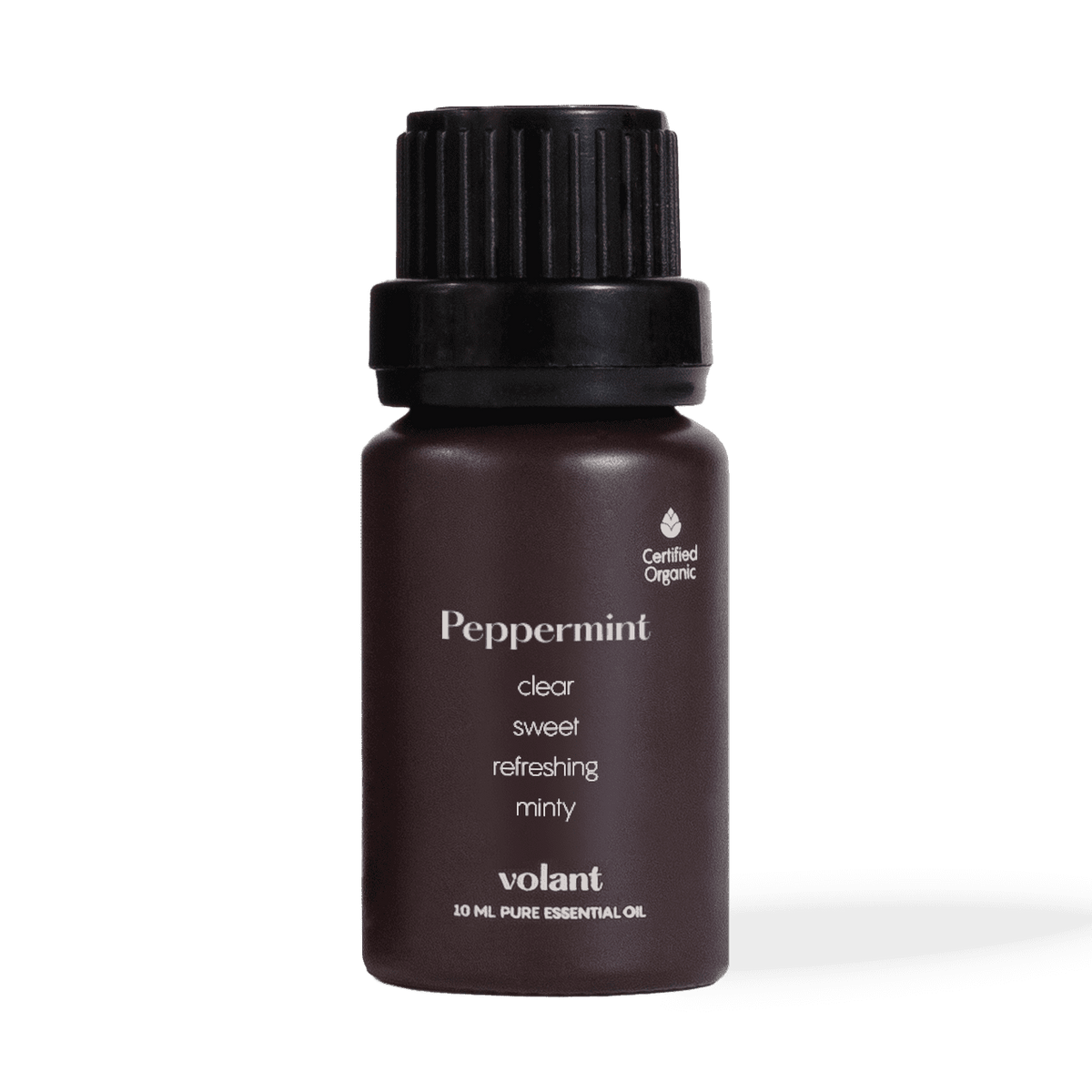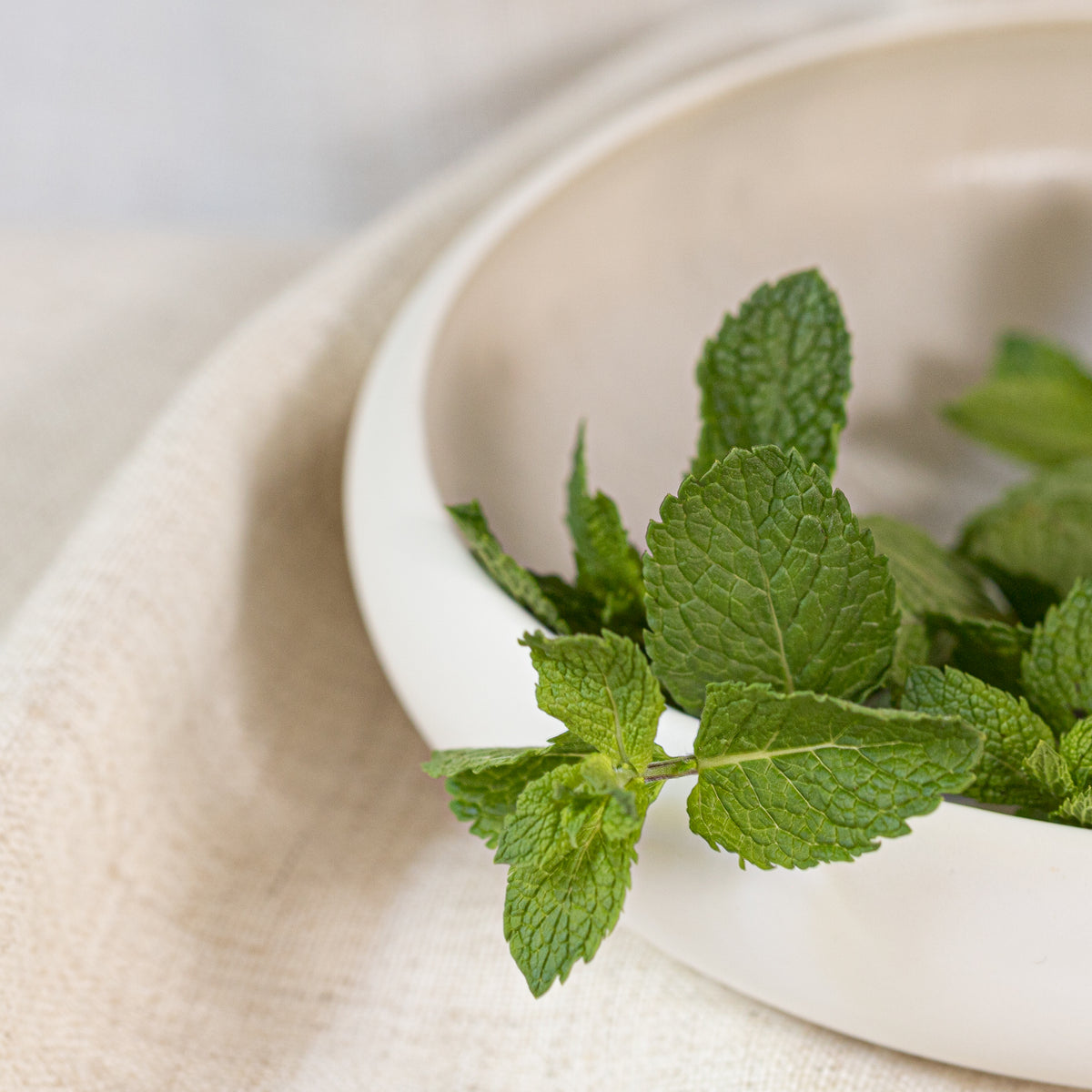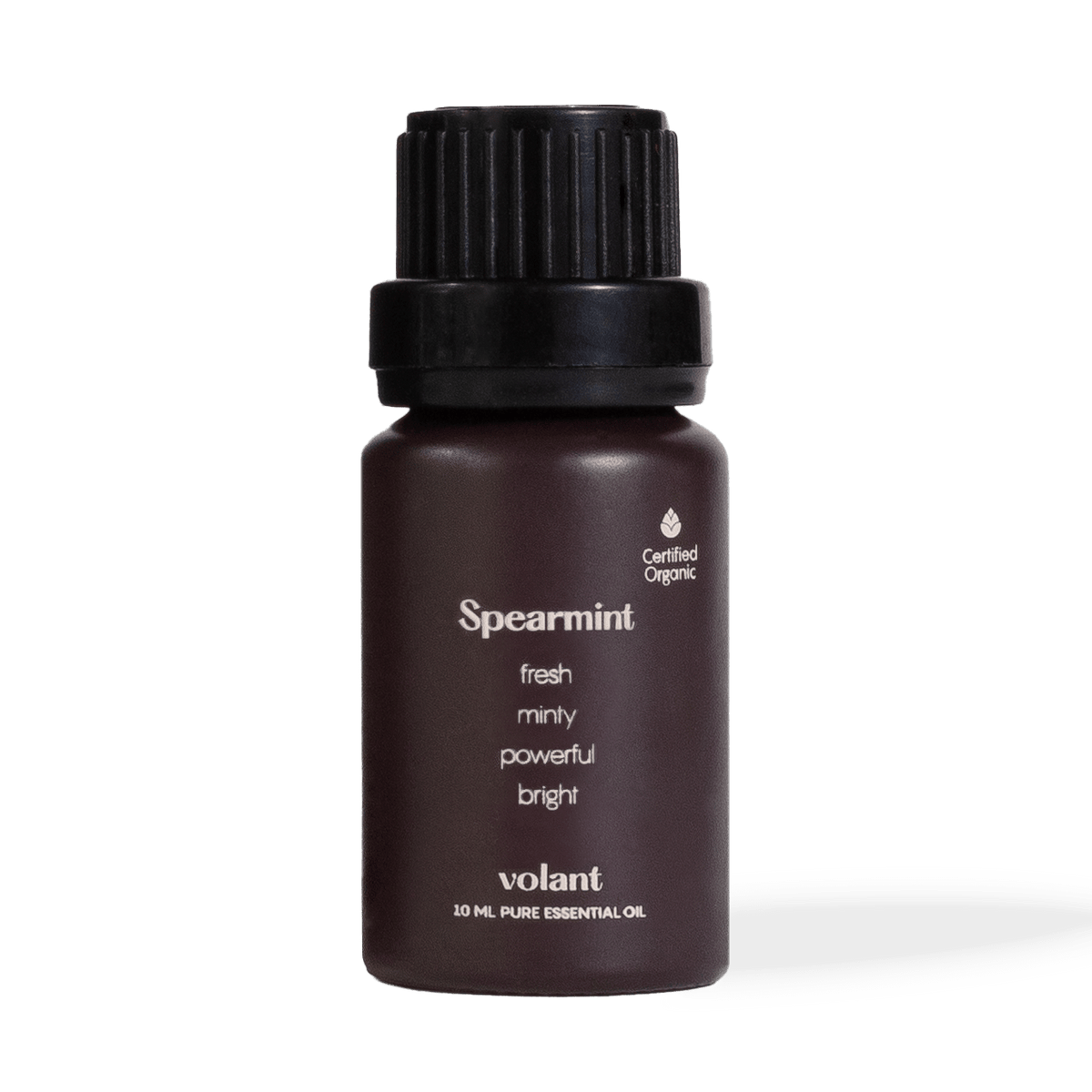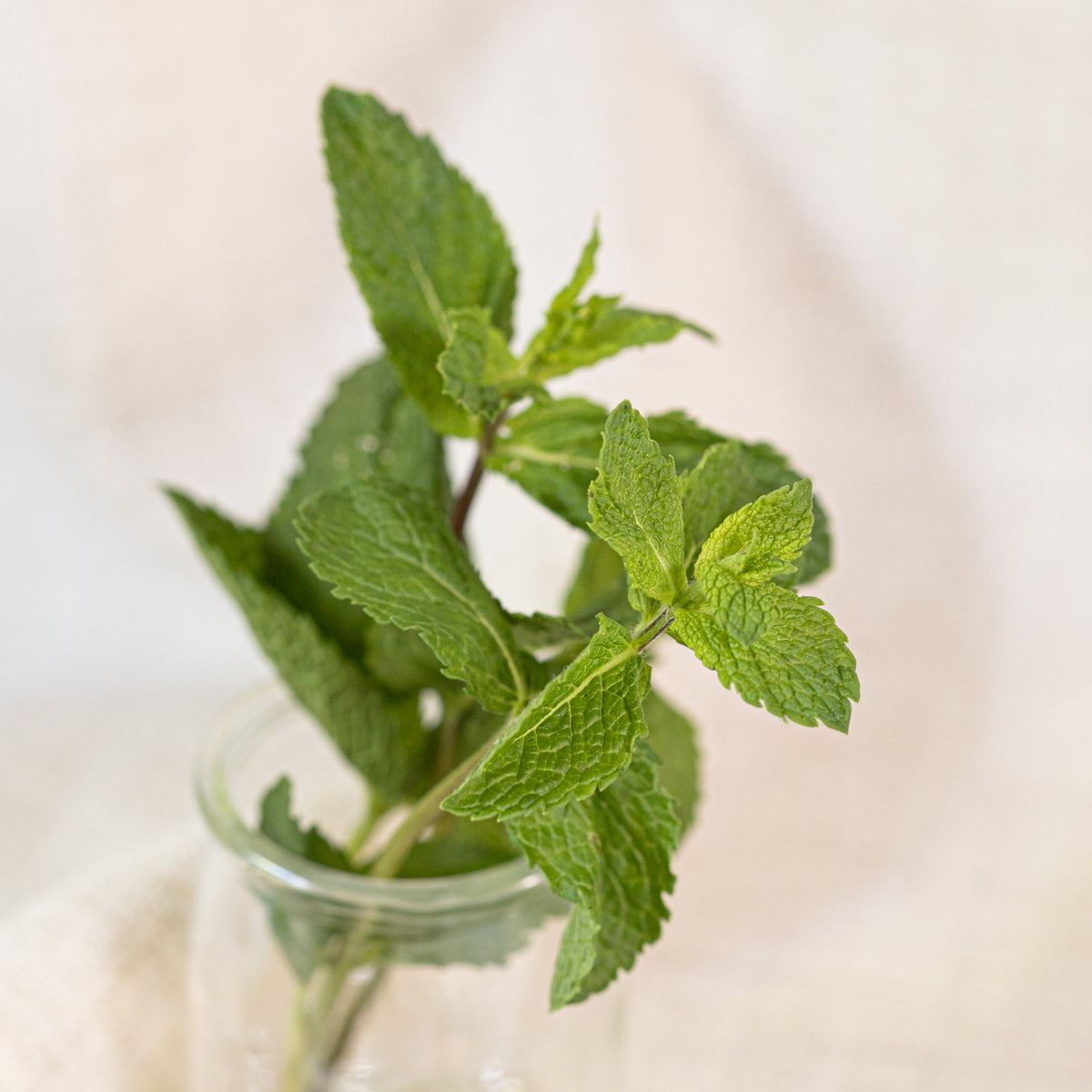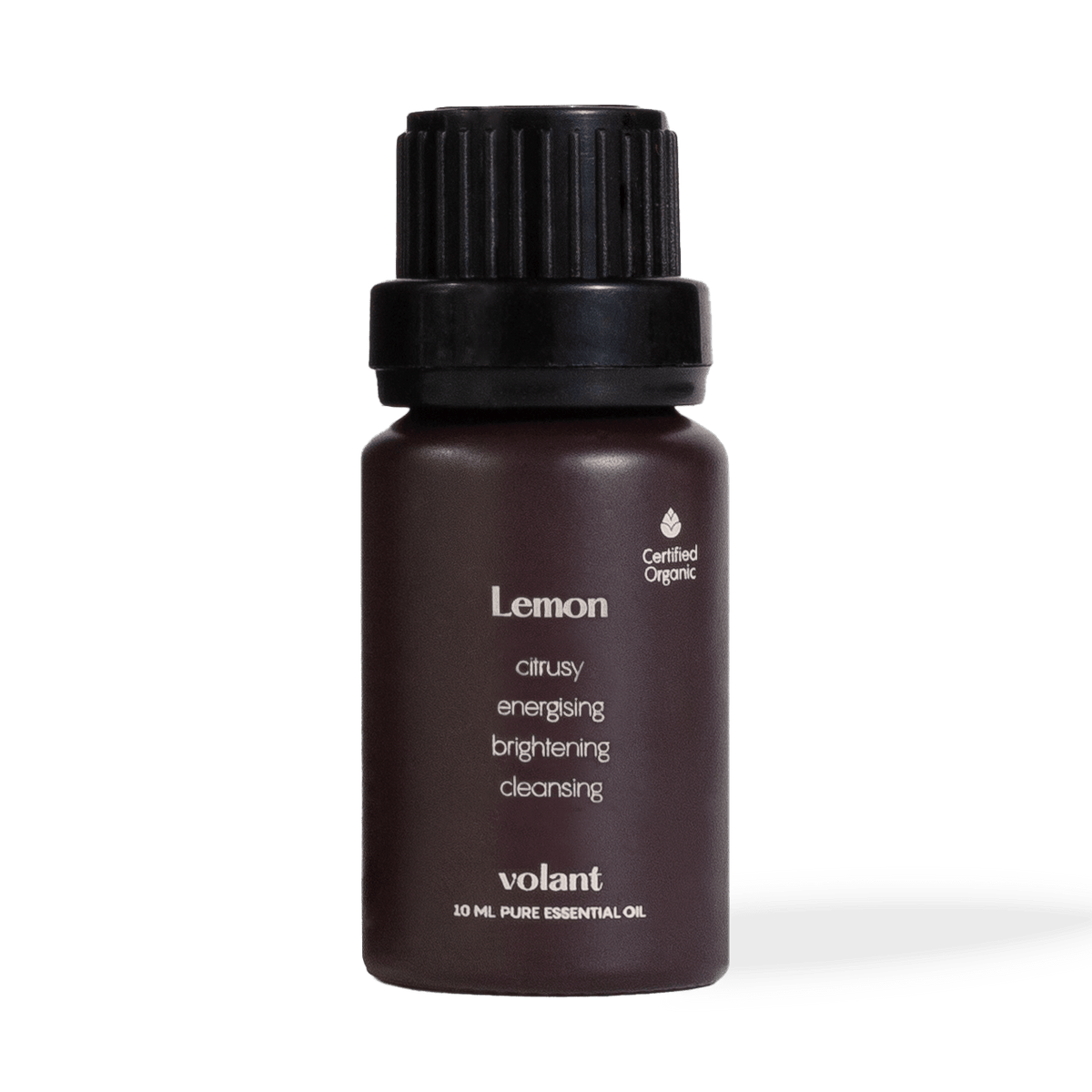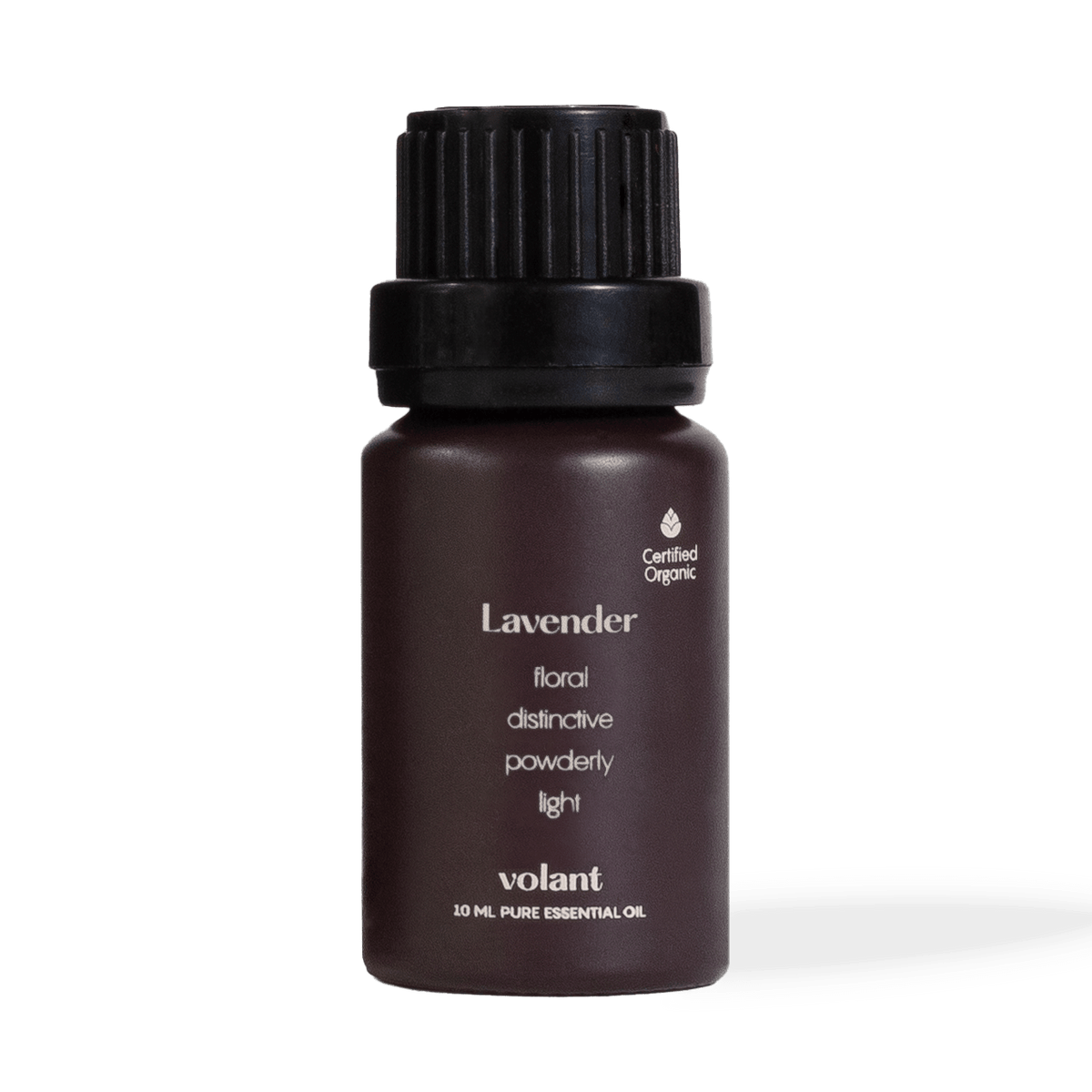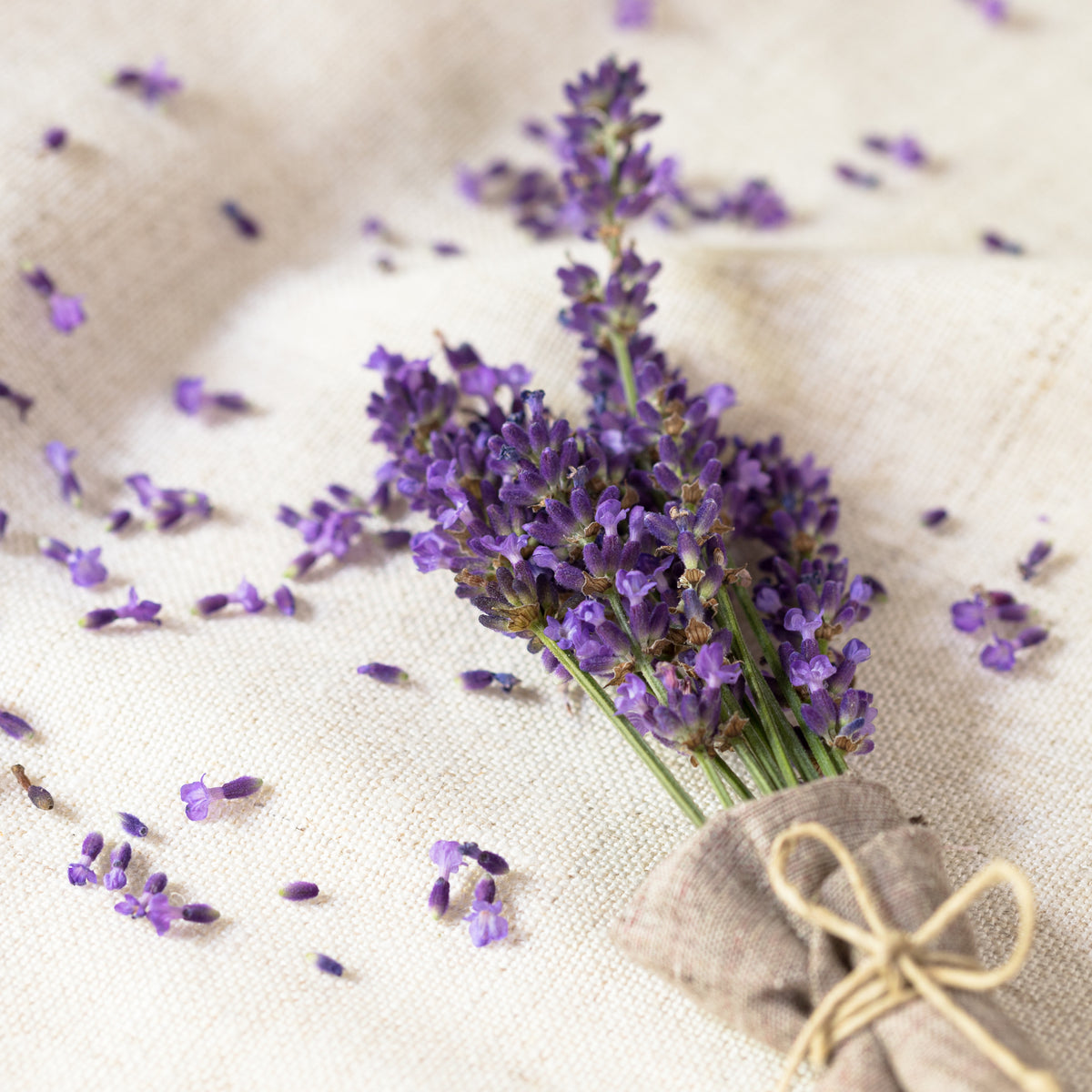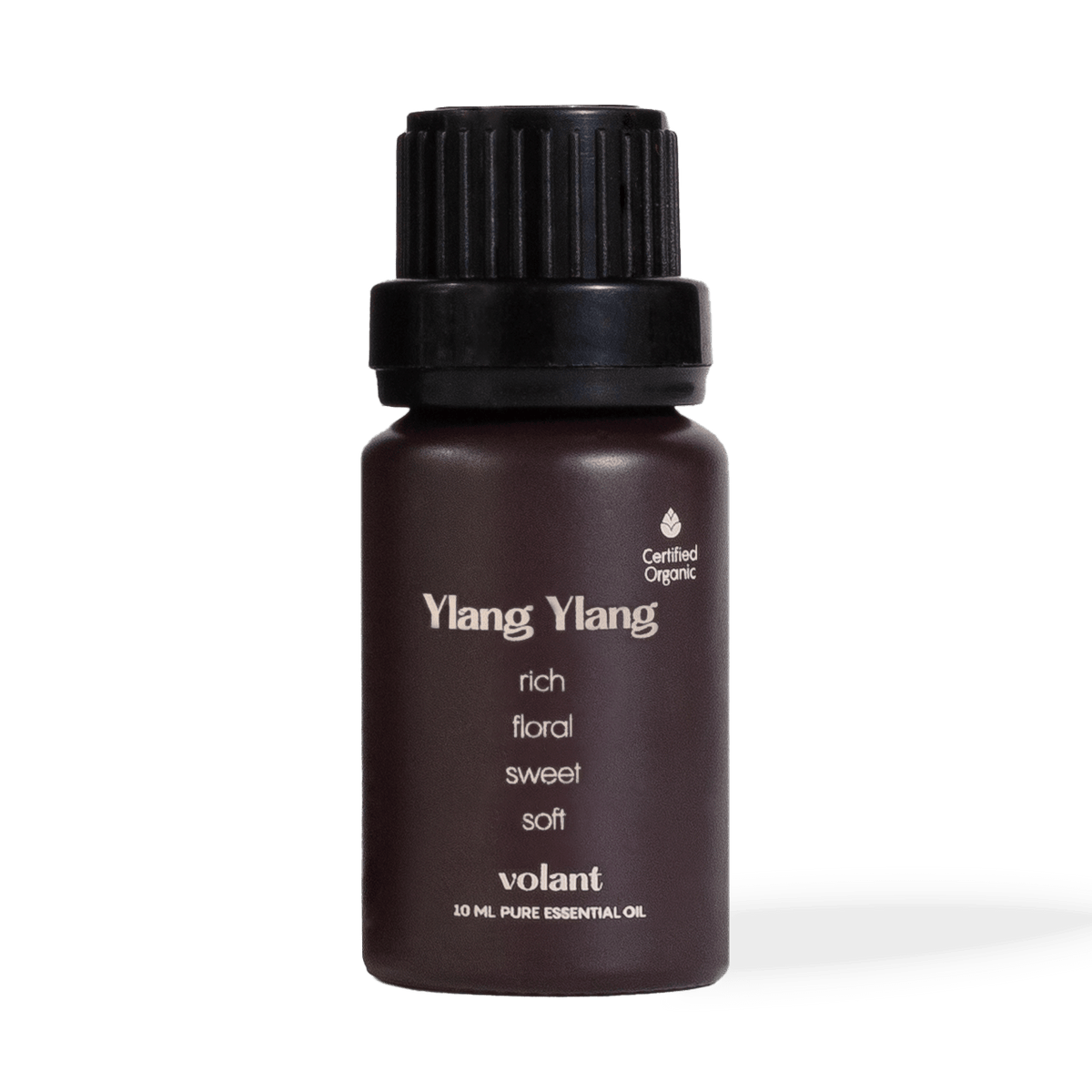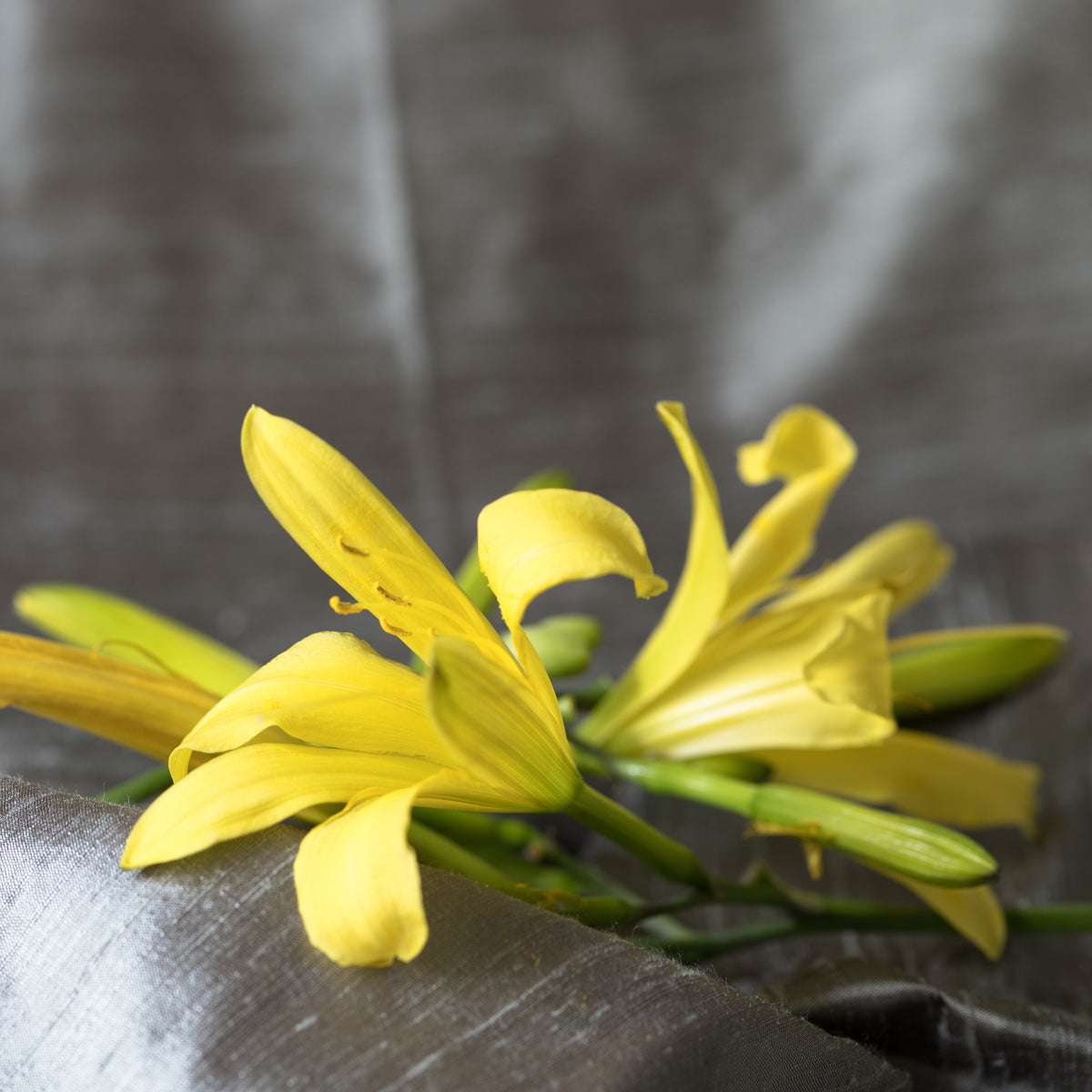Providing symptomatic relief can go a long way towards lessening the burden on the body and mind, and many sufferers have found relief in all-natural remedies like aromatherapy.
What is aromatherapy for cancer, and what would it look like? While aromatherapy isn’t a cure, there is increasing evidence to show that it can significantly mitigate some of the symptoms associated with this disease, as well as the side-effects of treatment for it. Using all-natural, organic products supports and boosts our immune systems and can enhance our well-being, all of which can make a huge difference emotionally and physically during treatment.
Discover the benefits of aromatherapy for cancer and the best essential oil for nausea and anxiety with our in-depth guide. Just remember to always discuss the use of any new remedies with your doctor first to ensure safe usage, the best benefits and no contraindications.
What is aromatherapy?
Aromatherapy is a medicinal treatment that uses plant aromas or distillations to improve health and overall wellbeing. It’s considered to be both an art and a science, and it has recently been gaining more recognition in the medical field in the search for powerful, natural treatments.
The first records of the use of aromatherapy are at least 5 000 years old. These aromatics were used back then as perfume, medicinal treatments and for religious purposes, much in the same way they are being used today!
Different fragrances’ healing purposes can be traced back to Ancient Egypt, Persia, Greece and Rome, with their specific application varying from culture to culture.
How to use aromatherapy for cancer
Diffusion

Studies have shown that inhaling certain essential oils can alleviate symptoms caused by radiation and chemotherapy treatment. Diffusing essential oils has been shown to improve sleep quality most of all, as well as appetite, nausea, fatigue, depression, anxiety and overall well-being.
Massage

Aromatherapy massage is another common form of aromatherapy for cancer patients. Studies have shown that aromatherapy massage can lower levels of anxiety, depression, nausea and retching and improve overall well-being. It is therefore viewed as a complementary treatment not so much for cancer itself as for its side effects and those of the treatment for it.
Because it feels good, it smells good, it’s nature-based, and it promotes human contact or at least a deeper connection to self, aromatherapy massage is generally recommended in the research as an adjunct cancer treatment.
At a glance: Essential oils for cancer treatment support
Some of the most commonly occurring side-effects of cancer and its treatment include anaemia, dietary issues, drastic changes in weight, fatigue, pain, anxiety, nausea, and problems with the mouth, skin, hair or nails. These are all issues that aromatherapy can help with to some degree.
Cinnamon, ginger and lemon oils can increase your red blood cells and thus help fight anaemia. Peppermint oil can fight nausea, and bergamot can stimulate appetite. Rosemary is an excellent anti-fatigue agent, lavender fights pain, and tea tree oil is often recommended to combat mouth issues. Lemongrass can be a wonderful option to improve the condition of your hair, nails and skin.
Essential oils for nausea
When undergoing chemotherapy, your body sees the medicine as a foreign agent. This means that, to fight it, warning signals are set off in your brain and your digestive system. This, in turn, flips the switch on the part of your brain that controls vomiting, making this a very common side-effect of conventional cancer treatment.
The nausea that precedes vomiting can cause significant discomfort and be very difficult to treat. Natural remedies like essential oils can offer relief. If you’re wondering which is the best essential oil for nausea, check out the following suggestions:
Peppermint

A 2020 randomised controlled trial showed peppermint essential oil had a significant effect on the nausea, vomiting and retching experienced by cancer patients who were undergoing chemotherapy. Inhaling it can help stimulate a reduced appetite, and it may help with digestion when massaged on the abdomen. As a bonus, massage it around your body to boost circulation and soothe sore or fatigued muscles.
Spearmint

Spearmint essential oil, the cousin of peppermint oil, is as effective or more, for some, at soothing nausea and combatting spells of dizziness. Less well-known than peppermint essential oil, it is a wonderful option if nausea is plaguing you.
Lemon

Not only is lemon essential oil excellent for your skin, many people find that it aids in digestion as well. One study found that inhaling lemon essential oil was effective in reducing nausea and vomiting in 74% of cancer patients when it was applied to a cotton pad and clipped onto their clothing or given to them to inhale as needed.
Aromatherapy for anxiety

Many essential oils can be used to manage anxiety, which is something that many cancer patients suffer from. While it may depend on your personal preferences, there are some that are tried and tested. Here are some of the best essential oils for aromatherapy for anxiety to support you on your cancer journey.
Lavender & Roman Chamomile

Lavender essential oil is by far the most popular aromatherapy oil and it can be used to calm feelings of anxiety. Its sedative effect can help with sleep issues, particularly if anxiety or stress are what’s keeping you up at night. A quick search will turn up numerous studies to this effect. Lavender oil may even help relieve cancer-related pain.
Another good choice in this area is Roman chamomile essential oil, well known for how relaxing its pleasant scent is, and some research supports its ability to improve anxiety and well-being during cancer treatment.


